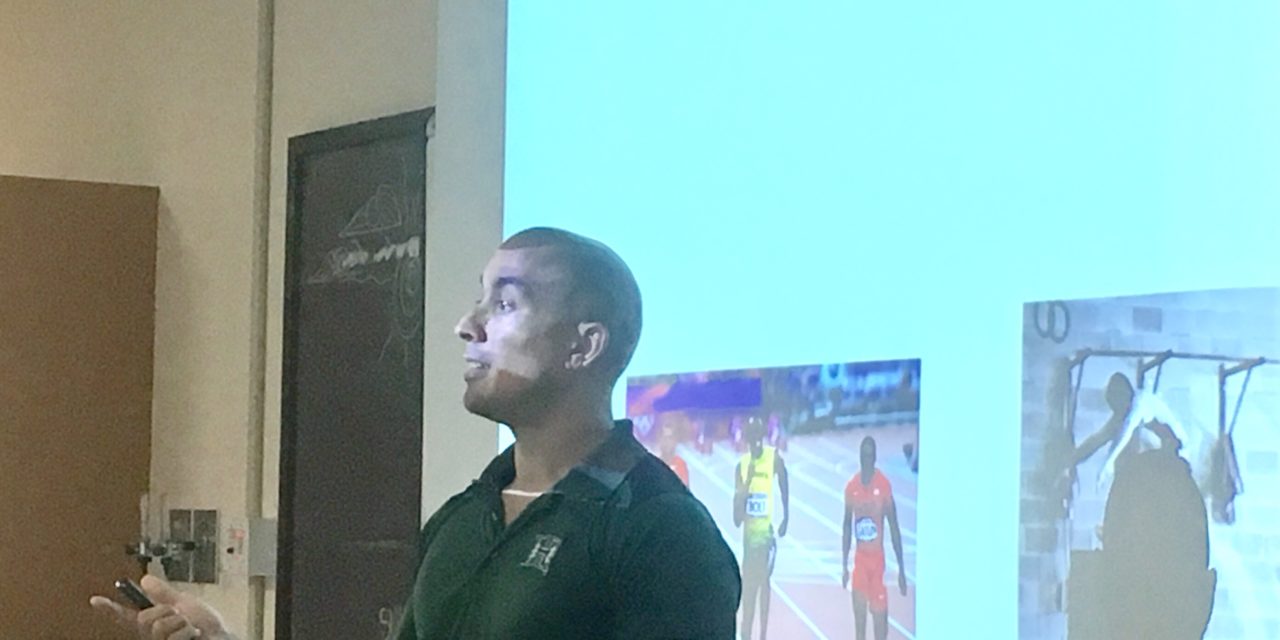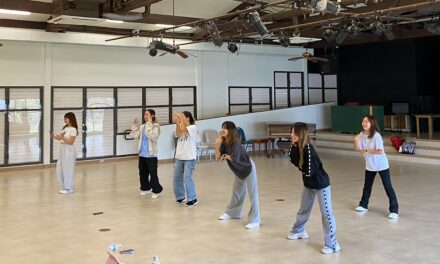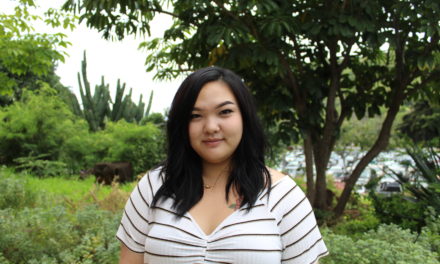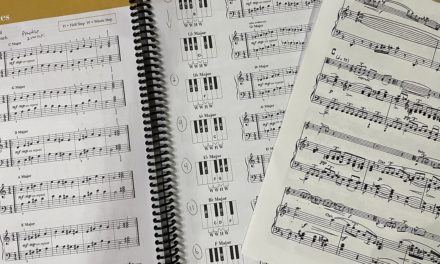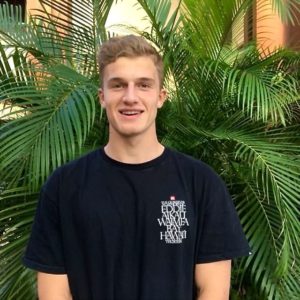By Katlin Cilliers | Staff Writer
Ask a Professor is a regular feature in which Kapiʻo News will highlight the real-life careers and jobs that stem from areas of study at Kapiʻolani Community College.
Professor Robert Casale has been teaching in the health sciences department at KCC since 2010. His career in sports science has taken him to pursue his own lifestyle management business and help people better manage their health and lifestyle to achieve their health-related goals.
Casale shared some of the career prospects for those interested in taking the path of sports science, either as a final degree or a stepping stone into the health sciences field.
What’s the difference between a career in sports science versus one in fields such as physical education or physical therapy?
So, a lot of the health field in the United States really focused on getting somebody back to a state of wholeness once they get injured or sick. And that’s all rehabilitation. So, typically you don’t see a doctor unless you’re sick, you know? You don’t see a physical therapist unless you’ve had an injury or your body is, you know, hurt in some way.
But, where lifestyle management, personal training, health and wellness coaching, things like that, where those kind of exist is before somebody gets sick. The purpose of somebody who’s in lifestyle management is really trying to keep somebody healthy, so they don’t have to see the doctor, they don’t have to see the physical therapist.
Can you describe what sports science entails?
Sports science, broadly speaking, is just kind of a study of exercise, how exercise affects your body. And that can take many forms. You can study sports science and then go on to [be] a physical therapist, dealing with people who have gotten injured and want to get better. Or, you can study exercise science and then go on to be maybe a preventative health care worker, somebody who works with people who are healthy and want to stay healthy.
What are some facilities someone with a sports science degree would be able to work at?
So, I think it would depend at least, in part, on what kind of specific sports science degree you’d get. Because if you’re going through UH you can get a degree in kinesiology and rehabilitative sciences and that’s a nice bachelors in science, that allows you to work in any gym.
So, with just a general degree in exercise science you can do a lot of general things. You can, depending on the state you can become a teacher. You can very easily go into business for yourself and do lifestyle management, which is kind of what I did. Or be a personal trainer.
You can also work at any facility that handles health and wellness … managing a wellness program for a company. You can also go into patient care. Maybe at a nursing home, or a facility that deals with people like captive audience, and they need somebody to run their health and wellness program. So, those kinds of jobs are immediately available to you.
But then the degree is typically a stepping stone for something more. So, most of the time people get an exercise science degree with an aspiration to get a graduate degree in something.
You mentioned patient care and health and wellness facilities, such as gyms. Would you mind going into a bit of the daily routine for each one of them? What are their main tasks and responsibilities in each place?
It’s really broad. I mean, there’s a place down on Punahou, that’s Arcadia [Family of Companies].
And that for example is like a live-in facility where people … it’s almost like a high-end nursing home. And so, one of my contemporaries got a job there, running their fitness facility, so his job for years was basically making sure the facility was kept up to par, making sure all machines were good, making sure people who lived there knew how to use the facility.
Also helping to establish wellness classes and programs, educational opportunities. So, a typical day could be a lot of things. It’s really hard to encompass [what it would look like].
When it comes to working for yourself, or maybe working at a gym, that’s one of the easiest for me to lay out. Typically what you do is, uh, once you engage with a client, you sit down with him. You figure out what their goals are. And then after that you come up with a program. The standard program is about 12 weeks so, personal …, lifestyle management, nutritional counseling, all of that. Typically they look at about 12 weeks. And when you do establish the … goals and milestones and ways to measure it, and then you work with your client either in the facility or outside of a facility in order to achieve those goals.
It sounds to me that it’s very similar to what a personal trainer would do. Like it’s a mix of a life coach with a personal trainer. Is that accurate?
An exercise science degree is something that it’s … it’s very, very broad. … Somebody who gets an exercise and science degree can go and work at a fitness center facility, or they can go and open up their own business. Or they can go and get more school, or they can go and teach people. So it’s really, really hard to say “this is what you do” and “after this, you could do that”.
I mean, I know somebody who got an exercise science degree and became a writer for a fitness magazine. I know people who got an exercise science degree and …one of my friends moved to San Francisco and he started working for an app, basically like a consultant, … because he knew exercise science.
Based on your experience, would you say that this is a kind of degree that grants you greater employability because it is so generalist or would you advise your students to pursue something more specific later and use this as some sort of stepping stone into the health and science field?
That’s probably the most important question that students ask. ‘What should I do with this?’ I think, well, to the first part of your question: does the degree offer you more employment opportunities? I’d say yes. I’d say that without a degree you’d be less likely to get hired at certain facilities.
With students who start in a[n] exercise science degree, I think it’s crucial to ask what they want to do with their work. What kind of clients they want to work with. So, usually when students start coming to my class and say “I want to go on and get a 4-year degree, go to [UH] Manoa, go to the mainland” then usually the next question I ask is “Who do you want to work with?” because that’s going to really dictate what degree you get.
What does the job market look like, in terms of salaries?
Personal training, or if you wanted to do lifestyle management, typically … if you’re going to do it by yourself, on the very low end, $60 an hour all the way up to about maybe $300 an hour. So you could fairly easily make 80 thousand dollars a year, more than that, if you did it full time.
Typical for a facility would be, I would say maybe $30-40 an hour, something like that. That depends if you’re in management or if you’re working strictly with clients.
What’s the best and the worst about your job?
The worst part of my job I think is having to go out and market [myself]. Having to go out and find people. I never liked that. I like dealing with people but I don’t really like hard sales.
The best part by far is empowering somebody. Showing them the way to learn something, or guiding them to discover something about themselves that they didn’t have, or the didn’t know they were that powerful.
What kind of profile and skills are needed to thrive in this field?
I think somebody who is very compassionate and empathetic. Someone who can empathize and put themselves in somebody else’s shoes. Someone who likes to work with people, somebody who likes to work closely with people.

